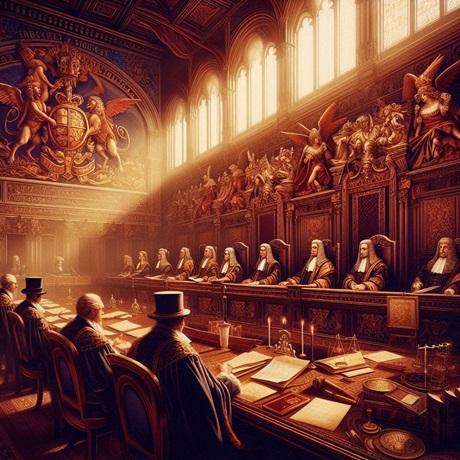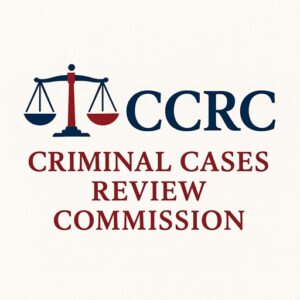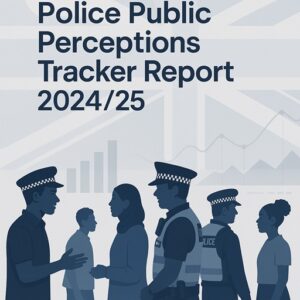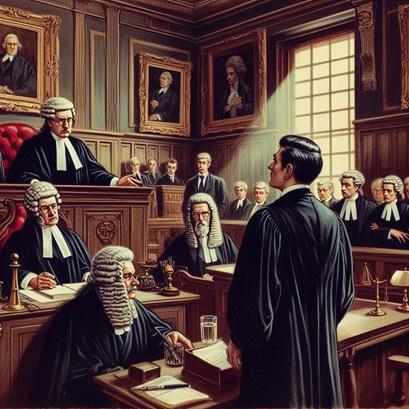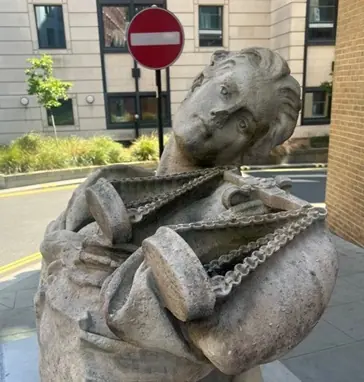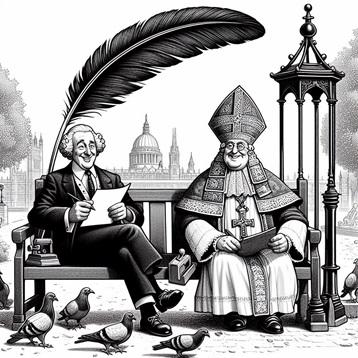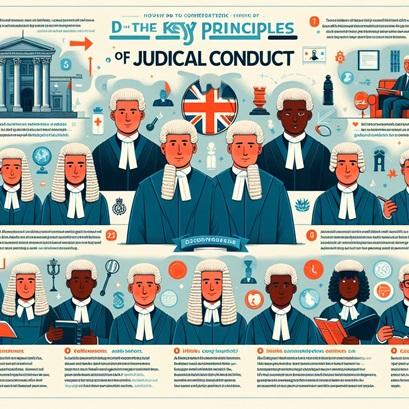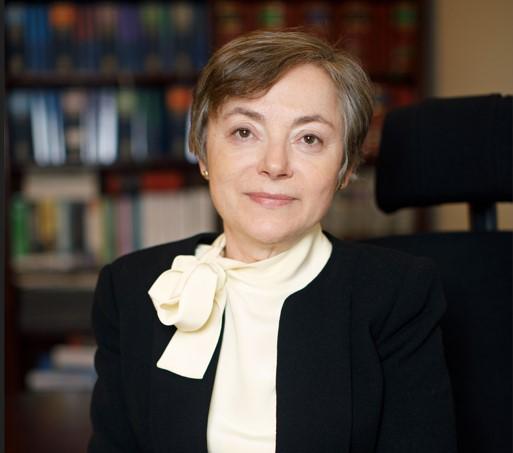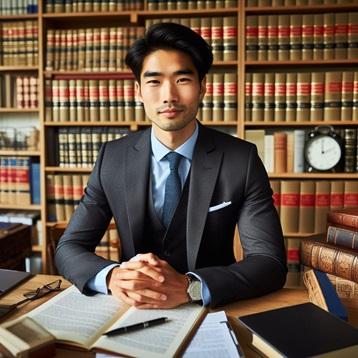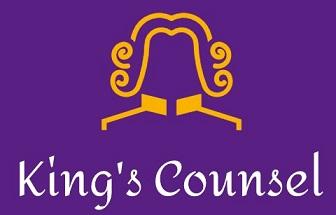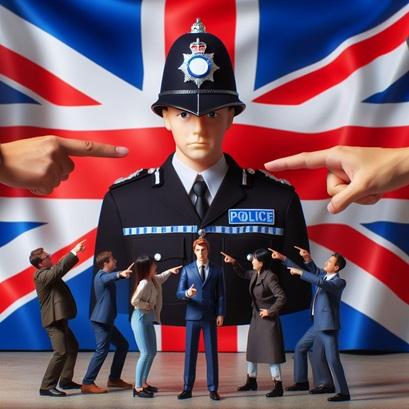A judgment, also known as a judicial decision or court ruling, is the final decision made by a court of law in a legal case or dispute. It represents the court’s official decision on the matters brought before it and typically resolves the legal issues in question.
It is the culmination of legal proceedings, where a judge evaluates evidence, arguments and applicable laws to arrive at a verdict. Whether it’s a criminal case, family dispute, civil dispute or administrative matter, a judgment carries significant consequences for the parties involved.
A judgment may include various elements such as:
- Findings of Fact: The court’s determination of what events or circumstances occurred in the case.
- Conclusions of Law: The legal principles applied by the court to the facts of the case to reach a decision.
- Decision or Disposition: The specific outcome or ruling of the case, which could include a verdict of guilty or not guilty (in a criminal case), or a judgment for the plaintiff or defendant (in a civil case).
- Orders: Any specific actions or remedies ordered by the court as part of the judgment, such as monetary damages, injunctions, or other relief.
A court judgment is typically written and issued by a judge or a panel of judges. It is a formal and legally binding document that concludes the legal proceedings in the case, although it may be subject to appeal or modification under certain circumstances.
Sometimes, judgment is reserved, which means withholding a final opinion until more information is available. It acknowledges the complexity of issues and avoids premature conclusions.
These are the latest judgments published by the Courts and Tribunals Judiciary of England and Wales.
- Neutral Citation Number: [2025] Ewca Civ 848Case No: Ac-2025-Lon-002122 In the Court of Appeal (Civil Division)On appeal from the High Court of JusticeKing’s Bench DivisionAdministrative CourtMr Justice ChamberlainAc-2025-Lon-002122 4 July 2025 Before: Lady Chief Justice of England and Wales(Baroness Carr of Walton-on-the-Hill)Lord Justice LewisandLord Justice Edis Between: The King (on the application of Huda Ammori) […] The post The King […]
- Neutral citation number: [2025] EWHC 1708 (Admin) Case number: AC-2025-LON-002122 In the High Court of JusticeKing’s Bench DivisionAdministrative Court 4 July 2025 Before: Mr Justice Chamberlain Between: The Kingon the application ofHuda Ammori -v- Secretary of State for the Home Department The post Ammori -v- Secretary of State for the Home Department appeared first on Courts and Tribunals Judiciary.
- The Crown Court at Birmingham 4 July 2025 Before: HHJ Dean Kershaw Between: Rex -v- Roman LeYihao FengDavid Qayumi The post Rex -v- Roman Le, Yihao Feng and David Qayumi appeared first on Courts and Tribunals Judiciary.
- In the Crown Court at Southwark 4 July 2025 Before: HHJ Milne KC Between: The King (FCA) -v- Redinel KorfuziOerta Korfuzi Sentencing remarks The post The King -v- Redinel Korfuzi and Oerta Korfuzi appeared first on Courts and Tribunals Judiciary.
- Neutral citation number: [2025] EWCA Civ 841 Case numbers: CA-2024-000151,000601,000602,000603,000604,000285and 000892 In the Court of Appeal (Civil Division)On appeal from the Competition Appeal Tribunal(Mr Ben Tidswell (Chair), the Hon. Lord Richardson and Mr Derek Ridyard)[2023] CAT 73 Before: Sir Julian Flaux, Chancellor of the High Court,Lord Justice BirssandLord Justice Green Between: (1) Sony Interactive Entertainment […] The post Sony Interactive […]

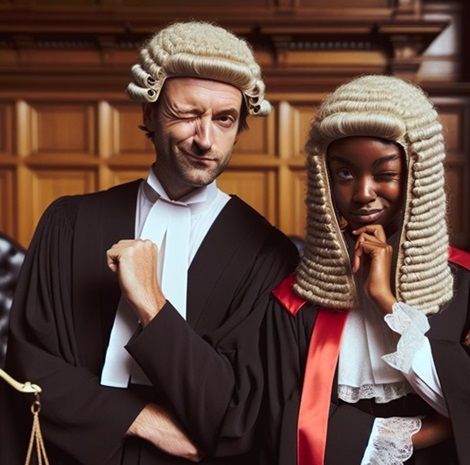
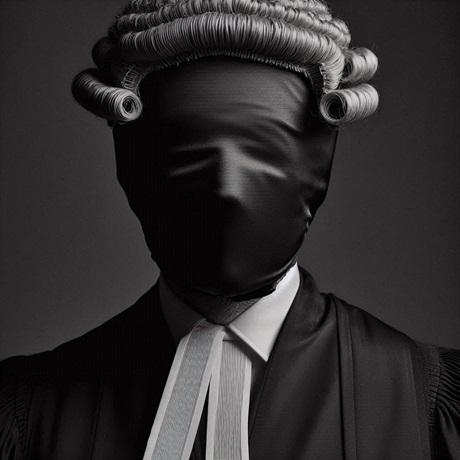
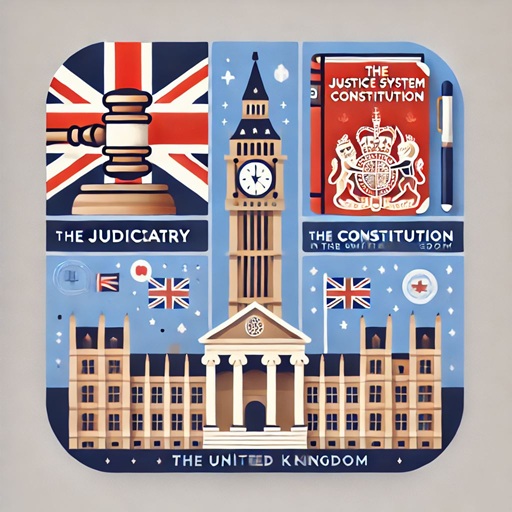
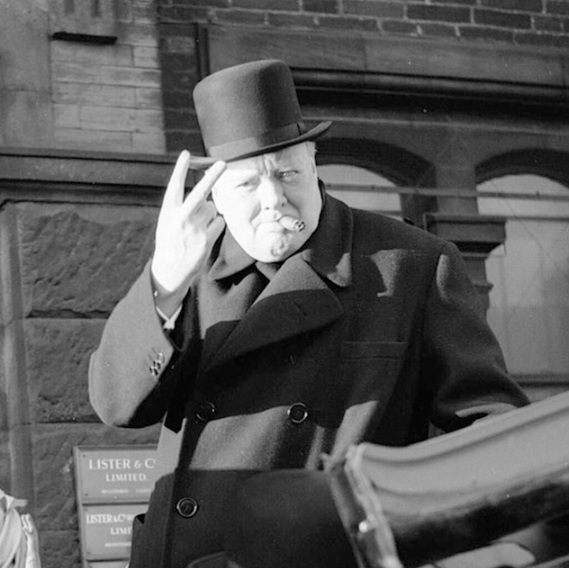

The Ministry of Injustice is not the Ministry of Justice nor is it affiliated in any way with the justice system, legal profession or any law enforcement agencies.
Most Popular ↓

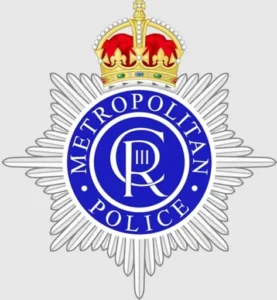
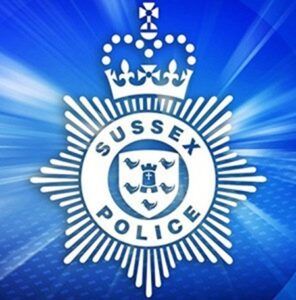
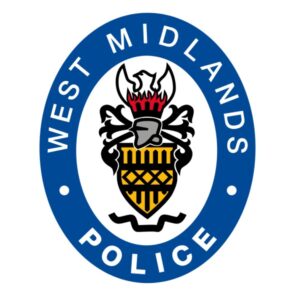
What is Policing by Consent ? What is Two Tier Policing ?
Latest Articles ↓
- What is the Forensic Science Regulator ?Forensic science is a cornerstone of modern criminal justice, providing critical evidence that can make or break a case. However, the reliability and accuracy of… Read more: What is the Forensic Science Regulator ?
- What is the Criminal Cases Review Commission ?The Criminal Cases Review Commission (CCRC) stands as a vital institution within the criminal justice system, dedicated to investigating potential miscarriages of justice. Established in… Read more: What is the Criminal Cases Review Commission ?
- Did Bobby Vylan and the BBC break the law at Glastonbury 2025 ?The performance by Bob Vylan at Glastonbury 2025, where frontman Bobby Vylan (reportedly Pascal Robinson-Foster) led chants of “death, death to the IDF” and “from… Read more: Did Bobby Vylan and the BBC break the law at Glastonbury 2025 ?
- Police Public Confidence and EngagementThe Independent Office for Police Conduct (IOPC) undertake regular surveys to assess the public’s perceptions of the police, as well as their confidence in the… Read more: Police Public Confidence and Engagement
All Articles can be found in the Legal Blog or Sitemap.
You should always seek formal legal advice from a qualified and reputable lawyer (solicitor or barrister).
‘Justice delayed is justice denied’
William Ewart Gladstone
There are a number of links to Free and Paid For Legal Resources and Legal Organisations on the Free Legal Advice , Legal Aid and Pro Bono pages.
